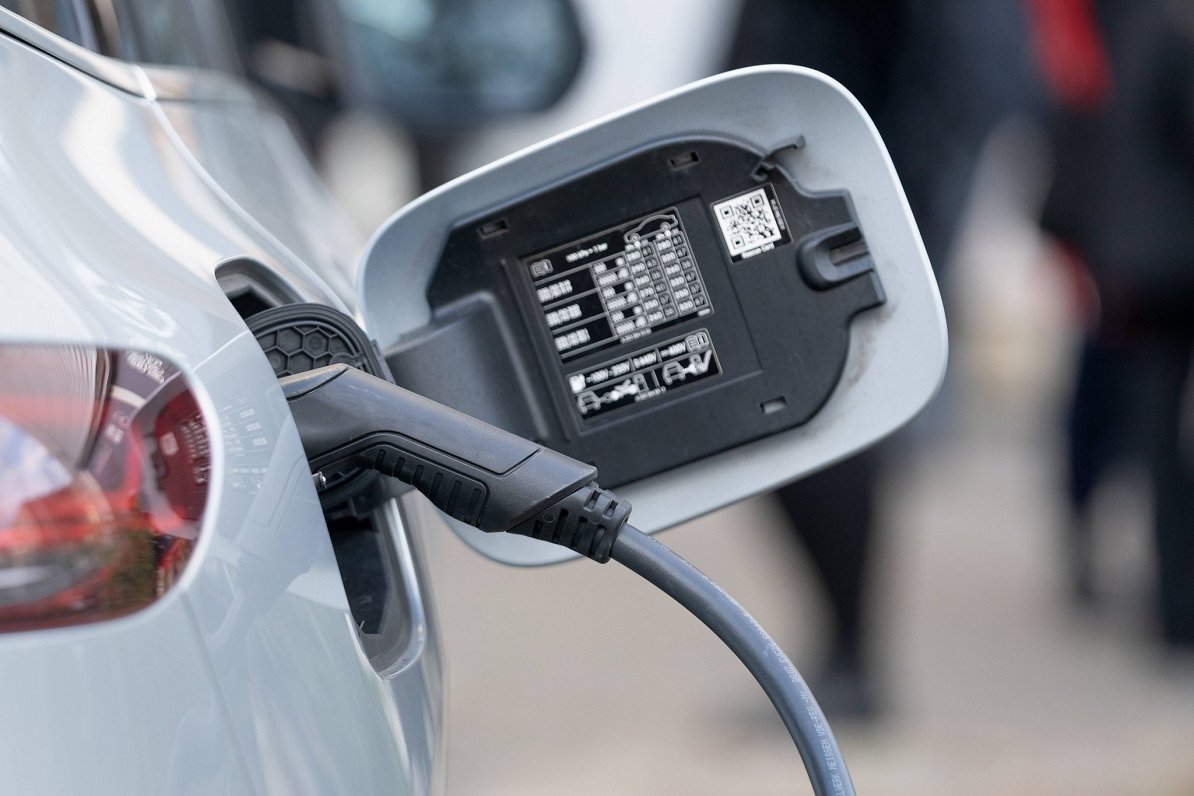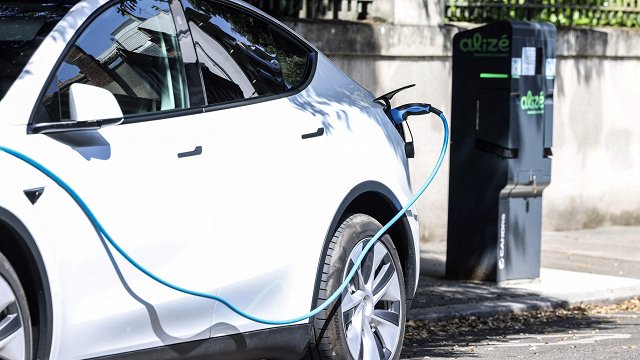As Europe is gradually switching from petrol and diesel to electric cars, it is necessary to set up charging stations. They are currently short in many places. The European Parliament therefore supported a new law this week that requires at least one electricity station on major highways every sixty kilometers by 2026.
Charging stations for trucks and buses are planned to be provided every 120 km.
MEP Roberts Zīle (National Alliance) is opposed to this idea. He believes that it will be difficult to implement these requirements in Latvia in such a short time.
Moreover, substantial investments will be needed to increase electricity grid capacity, which will be paid for by all taxpayers.
“It all shows there's no business interest. So if there is no business interest, but there are rules that need to be enforced, then public is paying for it. [..] We'll pull the money away from other needs. It is also something that I very much objected to,” said the MEP from Latvia.
Stations will initially have less power but are expected to increase with time.
Hydrogen filling stations will also have to be set up. They will have to be installed every 200 km on the main roads by 2031. Zīle is skeptical about that, too.
“But we don't know at all what will happen with the direction of Russia and Belarus regarding cargo transport. Even if it resumes after the war, I do not believe that Russian and Belarusian drivers will all choose hydrogen or electric cars. So we will not actually improve our climate, while at the same time asking for additional costs for heavy-duty car carriers from Europe, including Latvia,” said Zīle.





























